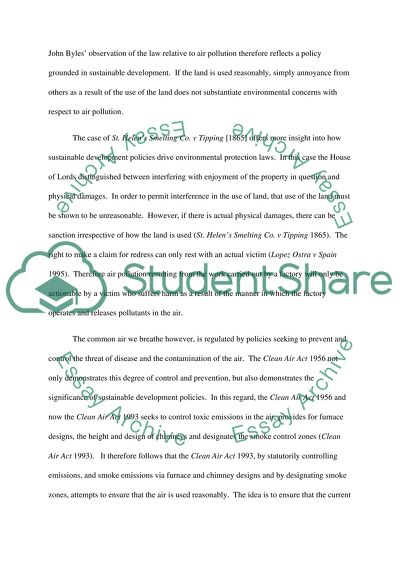Cite this document
(“Environmental Policies Essay Example | Topics and Well Written Essays - 1500 words”, n.d.)
Retrieved from https://studentshare.org/law/1407539-essay-about-environment-law
Retrieved from https://studentshare.org/law/1407539-essay-about-environment-law
(Environmental Policies Essay Example | Topics and Well Written Essays - 1500 Words)
https://studentshare.org/law/1407539-essay-about-environment-law.
https://studentshare.org/law/1407539-essay-about-environment-law.
“Environmental Policies Essay Example | Topics and Well Written Essays - 1500 Words”, n.d. https://studentshare.org/law/1407539-essay-about-environment-law.


